Eco Atlas

Living Walls Vertical Gardens
Eco Atlas Turn also bare facades into working ecosystems that cool buildings, filter air, and host wildlife. Panels with built-in substrate and drip lines anchor diverse native plants even on high-rise towers. Case studies from Auckland malls to Brisbane skyscrapers show energy cuts near twenty per cent and quieter, cooler lanes below. Designers now for example, pair vertical greenery with smart irrigation and low-carbon materials, making installation faster and payback shorter. Explore benefits, costs, and design tips, then dive deeper into common questions.
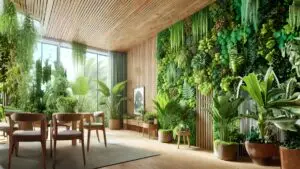
Living Walls Vertical Gardens
Living Walls Vertical Gardens: Where City Streets Breathe Again Living Walls Vertical Gardens are rewriting the urban story across New Zealand

Walls Vertical Gardens Tech
Living Walls Vertical Gardens – a Technical Synthesis for Australasian Cities Walls Vertical Gardens Tech integrate also vegetation, substrate, and
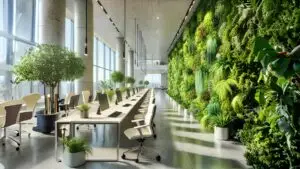
Walls Vertical Gardens QandA
What makes Living Walls Vertical Gardens QandA different from green facades and green roofs? Walls Vertical Gardens QandA are self-contained
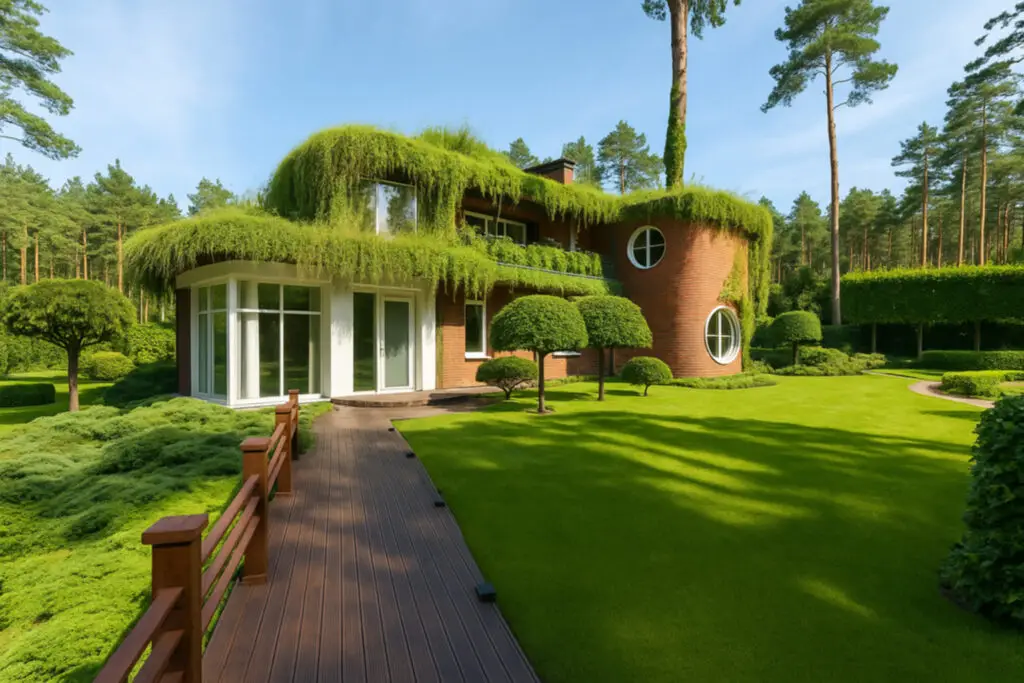
Green Living Rooftops Gardens
Are rewriting consequently, the skyline across Australia and New Zealand. By layering waterproofing, drainage, and lightweight substrate beneath hardy plants, designers turn bare roofs into climate assets. These living layers soak up although heavy rain, trimming peak runoff by roughly forty-two percent in university trials. They also drop summer roof temperatures by as much as twenty degrees, easing heat-island stress and cutting top-floor energy use. Biodiversity gains follow: insect presence jumped seven-fold on one Sydney bio solar roof. Driven by modular trays, smart irrigation, and lighter soils, adoption is accelerating from libraries to factories.
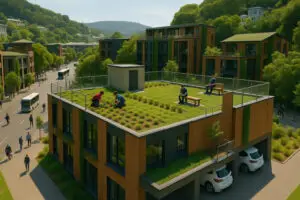
Living Rooftops Gardens QandA
What distinguishes extensive and intensive Green living Rooftops Gardens? Green living Rooftops Gardens fall into two main categories that differ
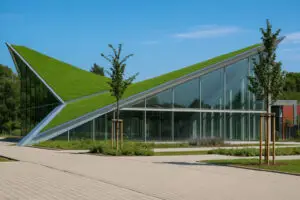
Green Rooftops Gardens Tech
Technical assessment of Green living Rooftops Gardens in Australia and New Zealand, 2023-2025 Green Rooftops Gardens Tech have shifted from
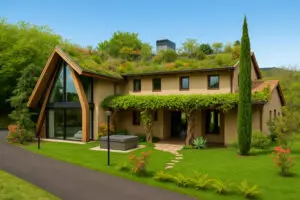
Green living Rooftops Gardens
Green living Rooftops Gardens revolutions: how plants are rewriting our city skylines Green living Rooftops Gardens are turning forgotten roofs
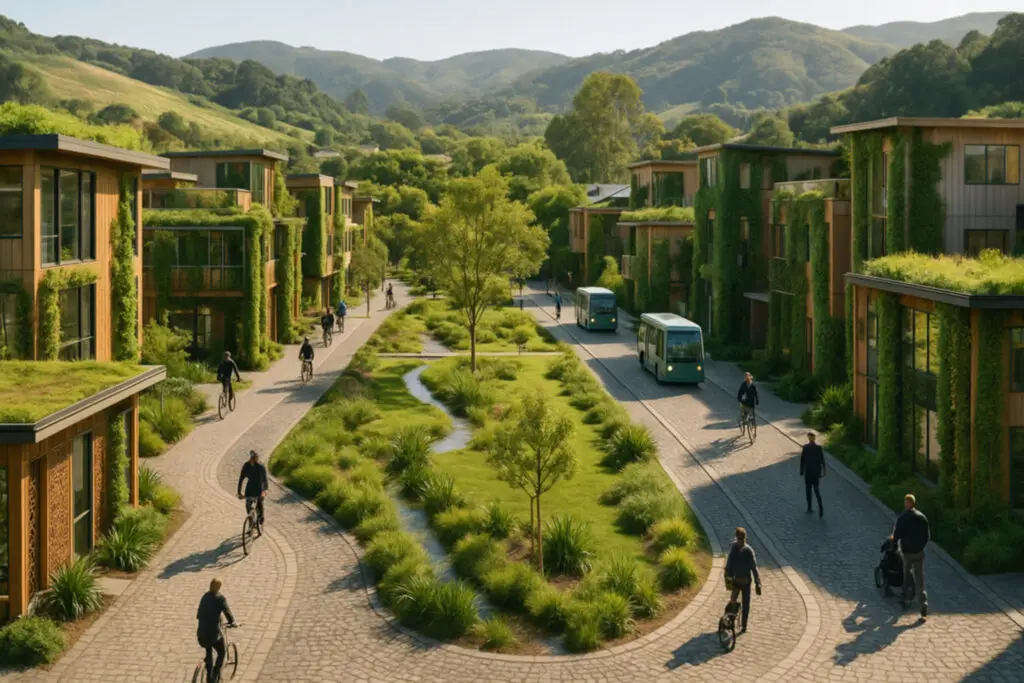
Better Cities Healthier Communities Eco Atlas
Defines a data-driven vision where compact, mixed-use streets, parks, and clean transit directly boost daily well being. WHO and C40 evidence links bike lanes and low-emission zones to fewer diseases and cleaner air. Livability dashboards track progress, turning air-quality gains into public trust. Explore key principles, proven tools, and global examples shaping this people-centered urban shift. Start learning how cities significantly evolve.
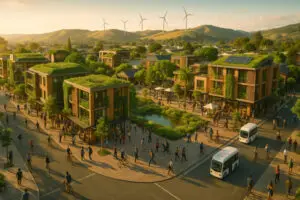
Better-Cities Healthier Communities QandA
Better-Cities Healthier Communities QandA inspires many questions: How do super blocks cut pollution? Why does inclusive design improve safety? This Q and A distills peer-reviewed findings into clear answers. Learn
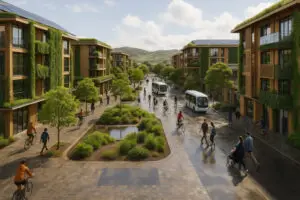
Better-Cities Healthier Communities Tech
Technical Review – Better Cities, Healthier Communities Better Cities Healthier Communities Tech now defines best practice in Western urban planning. The phrase captures a measurable goal: align land-use, mobility, and
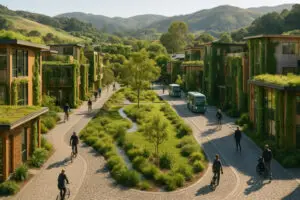
Better Cities Healthier Communities
Better Cities Healthier Communities: Everyday Stories of Urban Renewal Better Cities Healthier Communities is more than a slogan; it is a lived experience for millions reclaiming noisy streets and lonely
Eco Infrastructure Developments Outlook Eco Atlas
Tracks how cities replace single-purpose concrete with multi functional green, blue, and social systems. Between 2023 and 2025, Australasian leaders trialed modular green facades, storm water parks, and 300-meters biodiversity corridors that cool streets and cut runoff. Research shows life cycle savings outweigh capital premiums when green bonds or ESG loans fund early maintenance. Policies such as Sydney’s Green Factor Score and Auckland’s NZ$1 billion blue-green network embed nature in planning rules. It also highlights technology enablers such as sensors and digital twins that prove performance in real time. This concise section distils design advances, cost findings, and governance trends shaping resilient, livable cities worldwide. Australia-specific guidance on measuring the benefits of green infrastructure.Framework for Valuing Green Infrastructure and Public Spaces – NSW Government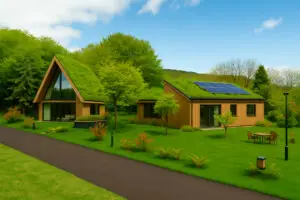
Eco Infrastructure Developments QandA
Eco Infrastructure Developments QandA distills the most asked questions about green-blue infrastructure’s role in modern cities. You’ll discover how modular green buildings, flood-able parks, and biodiversity corridors work, what they
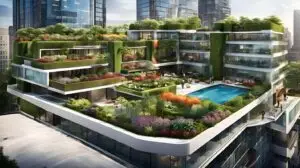
Eco Infrastructure Developments Tech
Eco Infrastructure Developments Tech traces the shift from single-purpose grey assets to multi functional green–blue systems. Consequently, cities now enhance resilience, climate mitigation, and community well-being through nature-based networks. The
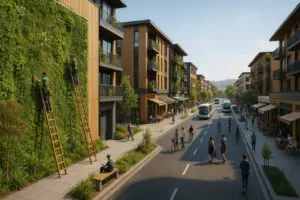
Eco Infrastructure Developments Outlook
Eco Infrastructure Developments Outlook: Melbourne’s Living Blueprint for Greener Cities Eco Infrastructure Developments Outlook now also reads like a field journal, not a spreadsheet. Dawn breaks over Melbourne in 2027.
Biophilic Design Principles Resilience
Eco Atlas Sets a new standard for urban health and climate readiness. The framework blends neuroscience, ecology, and engineering into straightforward design actions. Green roofs cool and absorb storm water, while daylight rhythms sharpen focus and mood. Cities like Amsterdam, Wellington, and Paris prove these measures work across scales. Residents enjoy cooler streets, richer biodiversity, and measurable drops in stress hormones. Planners gain affordable infrastructure that adapts naturally to heat and flood extremes. The approach also strengthens social cohesion; nature-rich plazas invite neighbors to gather and interact. Explore definitions, case studies, and implementation tips below.
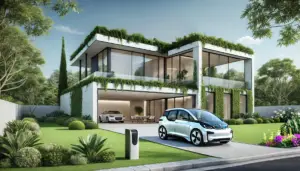
Biophilic Design Principles QandA
Biophilic Design Principles QandA Resilience sparks many practical questions from architects, planners, and community groups. Our FAQ distills current research into straightforward, actionable answers. Learn how green roofs outperform conventional
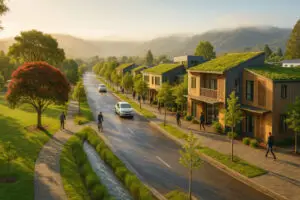
Biophilic Design Principles Tech
Biophilic Design Principles Tech places nature ultimately at the core of urban practice, bridging neuroscience, ecology, and engineering to hard-wire cities for health and climate readiness. Holistic Definition and Neurobiological
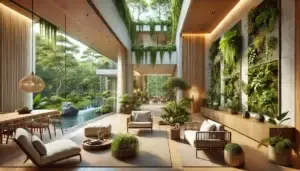
Biophilic Design Principles Resilience
Cities That Breathe: Biophilic Design Principles for Resilience Biophilic Design Principles Resilience is reshaping cities, weaving trees, water, and daylight into concrete canyons so people thrive. From Amsterdam’s award-winning Valley